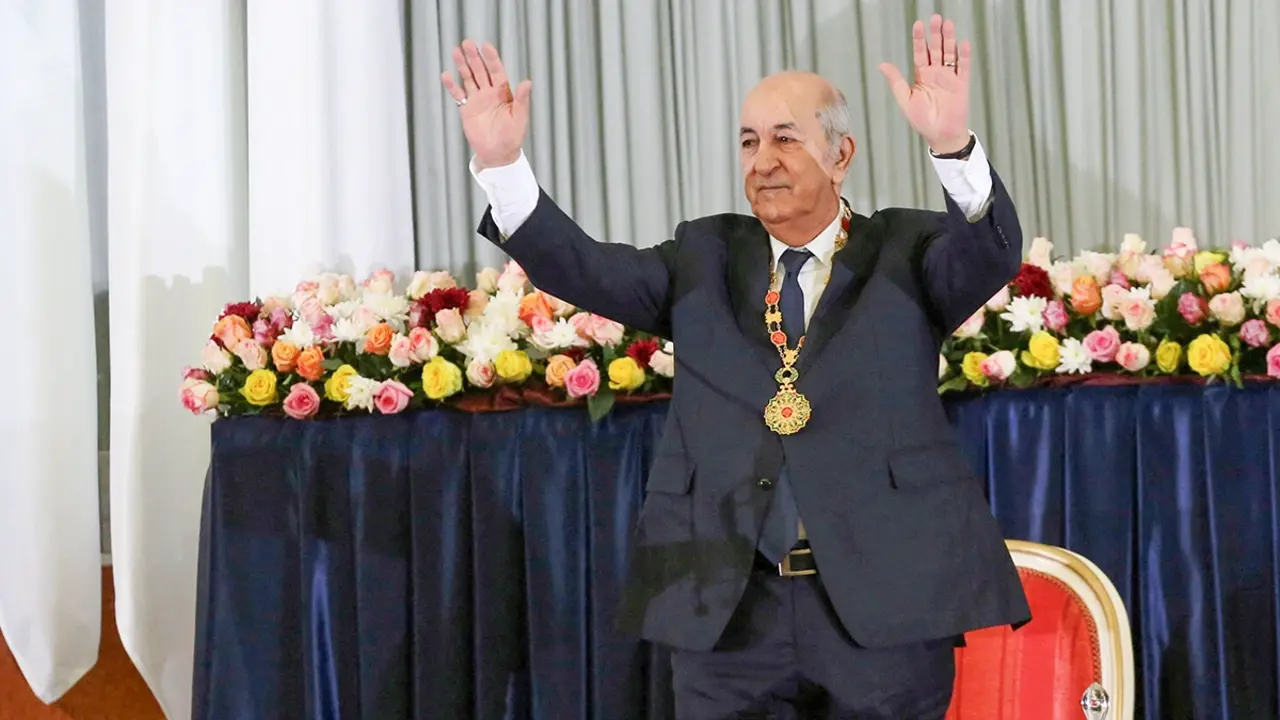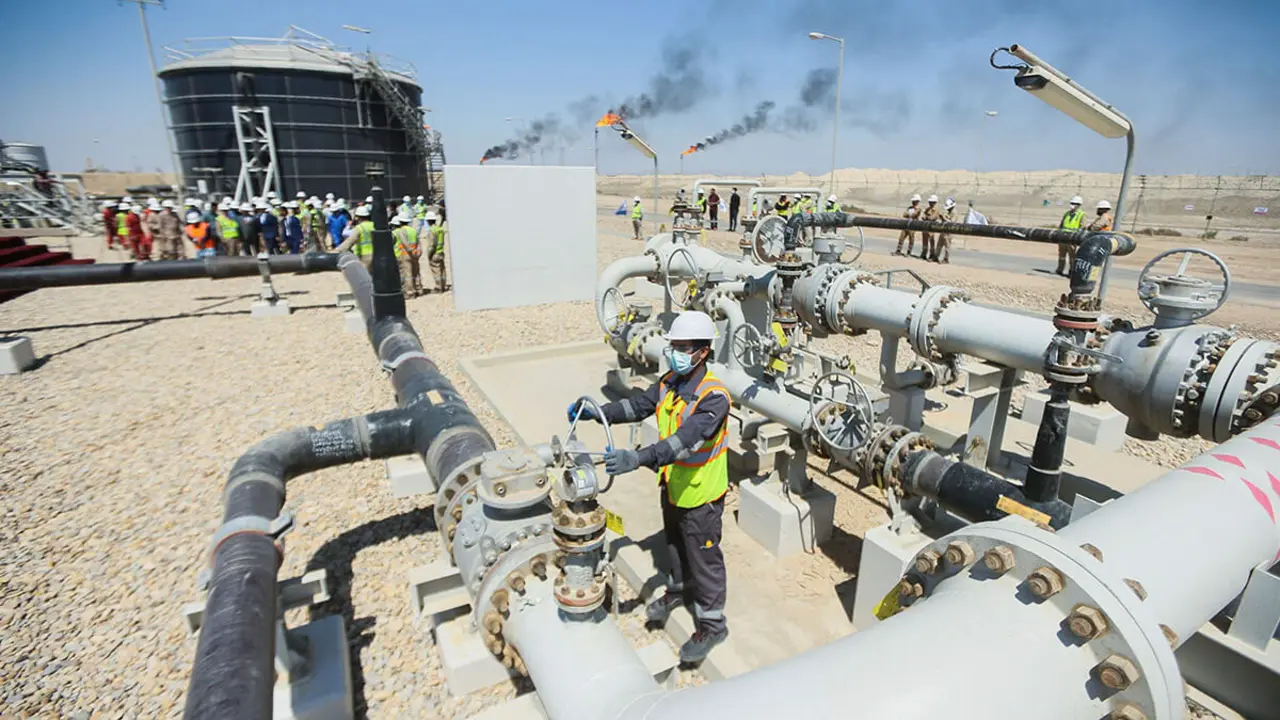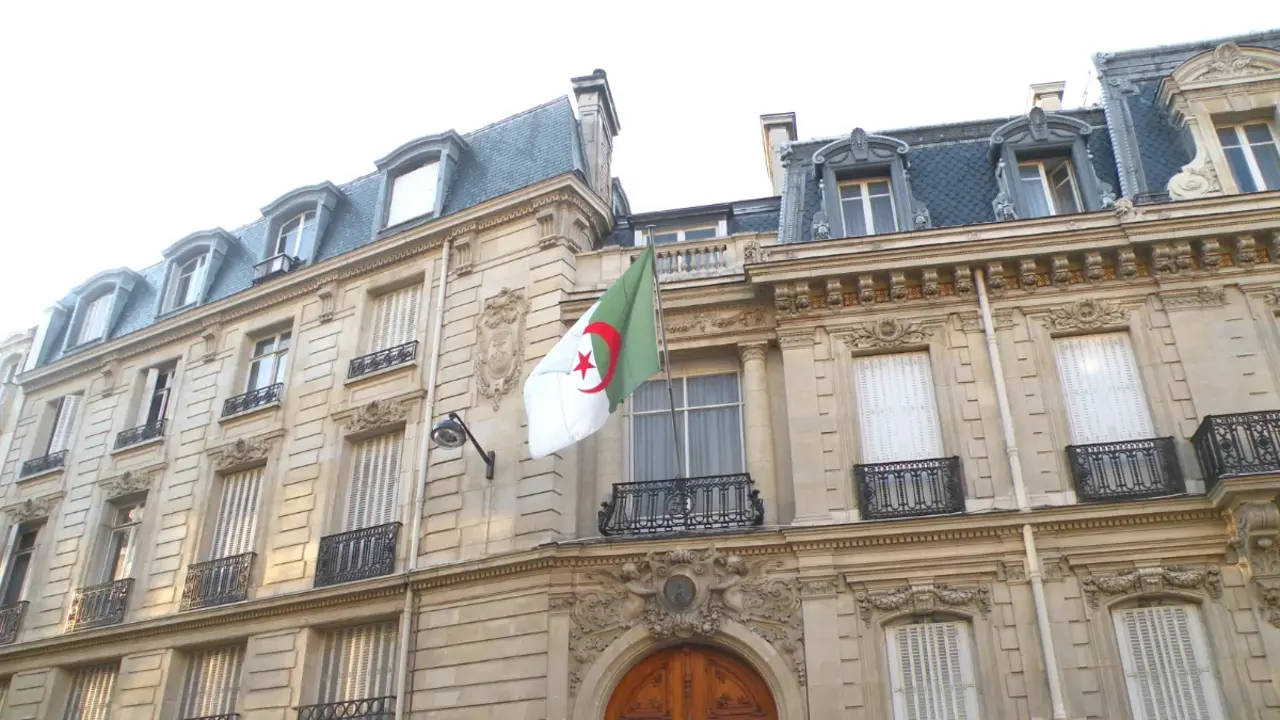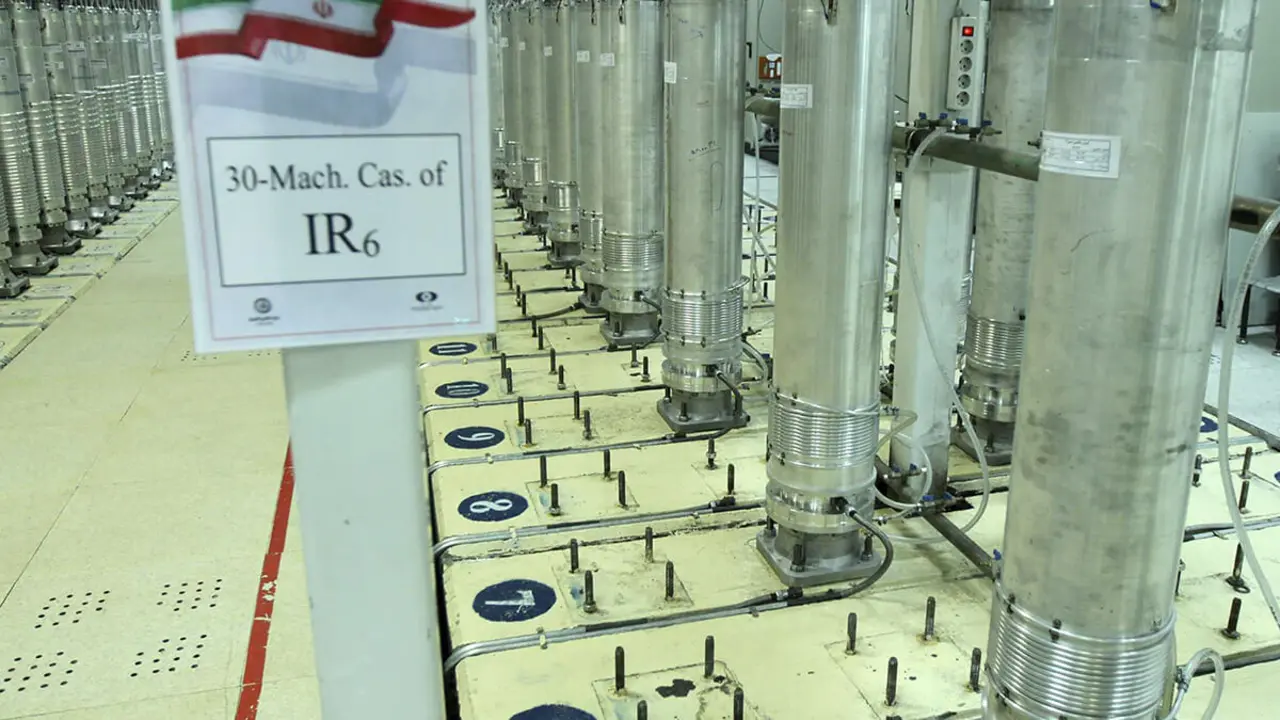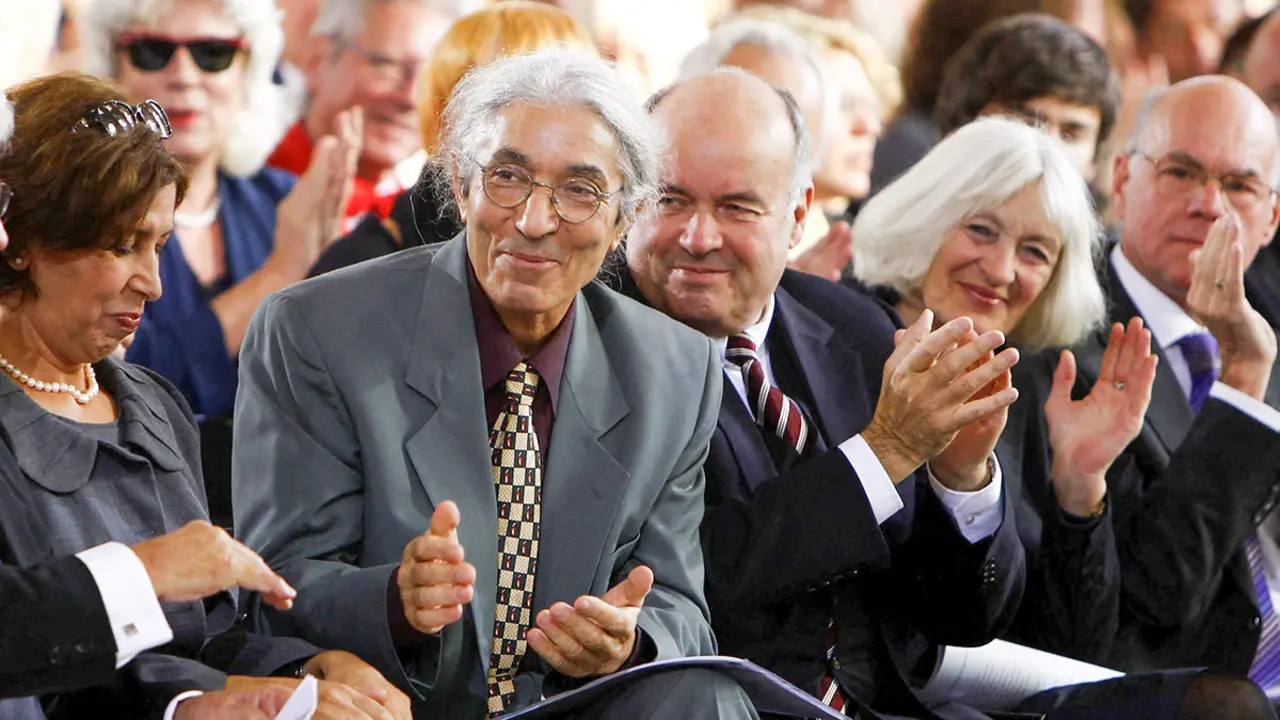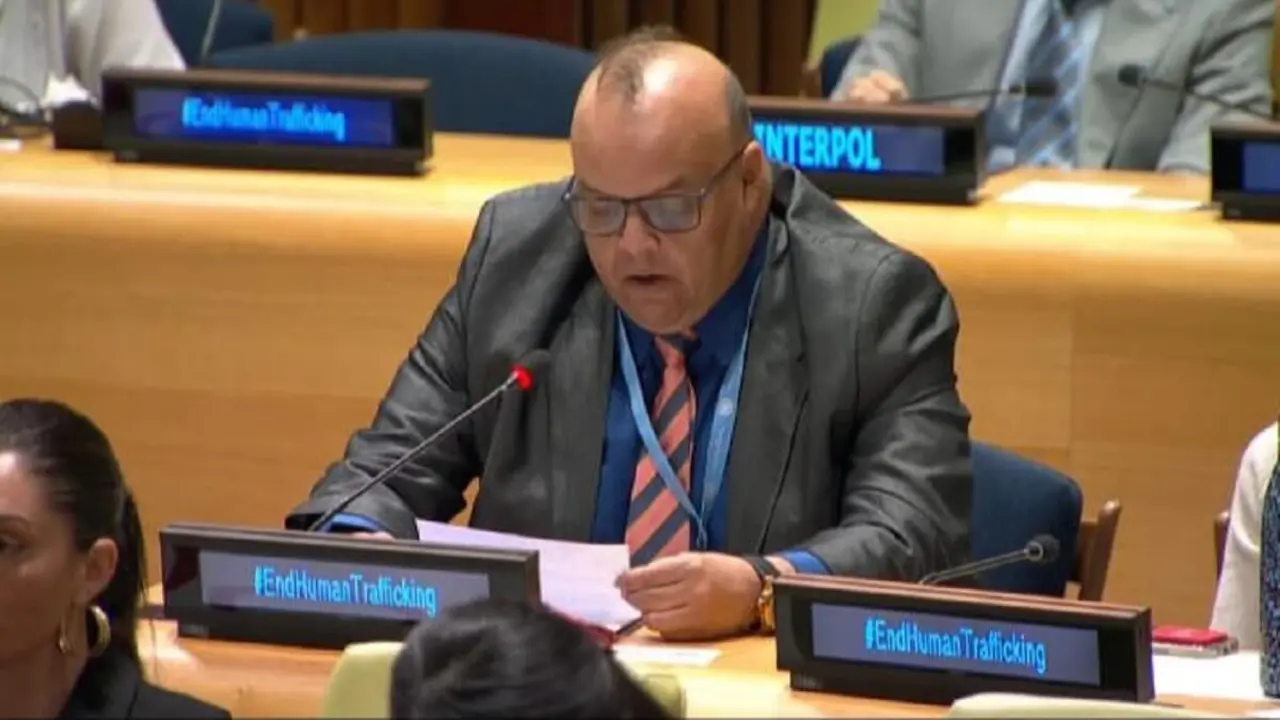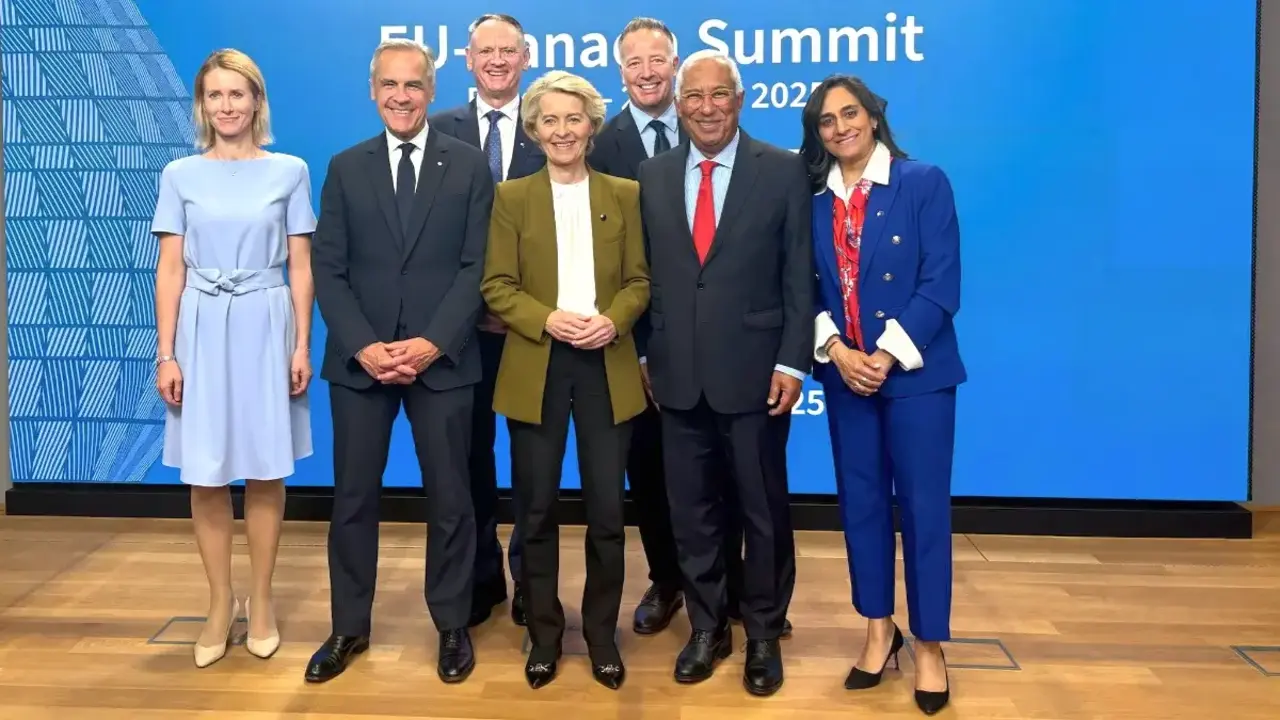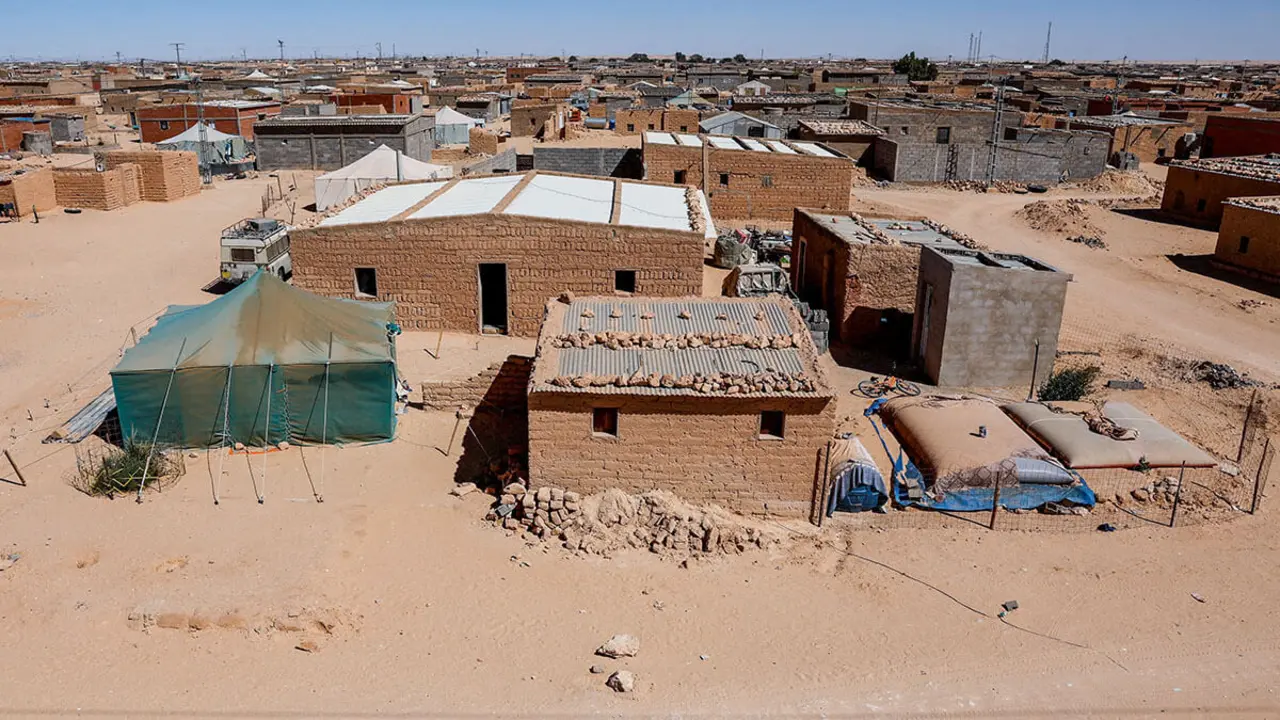Perú apoya a Marruecos en su plan de autonomía para el Sáhara Occidental

The Peruvian government has shown its support for Morocco's national sovereignty and values positively the broad autonomy plan for Western Sahara under Moroccan sovereignty proposed by the Alaouite kingdom in line with the postulates of the United Nations (UN) with a view to resolving the Sahrawi conflict that has been going on for more than 40 years.
Following a recent telephone conversation between the Minister of Foreign Affairs of the Republic of Peru, Miguel Ángel Rodríguez Mackay, and the Minister of Foreign Affairs, African Cooperation and Moroccans Resident Abroad, Nasser Bourita, positions were brought closer between the Latin American nation and the North African country, which have decided to strengthen their bilateral ties.
In an official statement from the Peruvian Ministry of Foreign Affairs disseminated through the social network Twitter, the Andean Executive pointed out that "in accordance with international law and UN resolutions on the Sahara issue, it values and respects the territorial integrity of the Kingdom of Morocco and its national sovereignty, as well as the autonomy plan for this regional dispute".
Comunicado Oficial del Ministerio de Relaciones Exteriores. pic.twitter.com/yXBWEHyYKM
— Cancillería Perú?? (@CancilleriaPeru) August 18, 2022
Peru thus aligns itself with Morocco "in accordance with international law, as set out in the United Nations Charter and in full respect for the principles of territorial integrity of the UN member states and in support of the efforts deployed by the UN Secretary-General and the Security Council to reach a political, realistic, lasting and consensual solution to the dispute over Western Sahara", as indicated in the official note from the Peruvian Ministry of Foreign Affairs. This decision will also be officially transmitted to the UN, marking the official position of the Peruvian nation.
The Peruvian government has also decided to withdraw its recognition of the Sahrawi Arab Democratic Republic and to break off relations with this organisation, represented by the Polisario Front, Morocco's great enemy on the question of Western Sahara. "Due to the lack of effective bilateral relations to date, the Government of the Republic of Peru has decided to withdraw its recognition of the Sahrawi Arab Democratic Republic and to break off relations with this organisation", the Peruvian government has officially stated through its Ministry of Foreign Affairs.
For its part, the Moroccan government expressed its agreement with this decision to withdraw support for the Sahrawi Arab Republic and to support Morocco's autonomy plan for Western Sahara. "Morocco appreciates and welcomes the decision of the Republic of Peru, which opens a new page in relations with this friendly country", the Moroccan Ministry of Foreign Affairs said in an official statement.

In addition, Peru and Morocco have agreed to establish a "multi-sectoral road map" that encompasses mutual collaboration in various sectors such as economics, energy and education. "The two governments have agreed to strengthen their bilateral relations through the immediate signing of a multi-sectoral roadmap that will include regular political consultations, effective cooperation in economic, commercial, educational, energy, agricultural and fertiliser matters," the Peruvian Foreign Ministry stated in an official communiqué.
Thus comes new support for the Kingdom's initiative for Western Sahara. Many countries in the international arena have shown their firm support for Morocco's proposal for broad autonomy for the Sahara under the sovereignty of the Alawi kingdom as the most credible, serious and realistic solution to put an end to the conflict in the Saharawi territory.
The big boost for the North African country came after the decision of Donald Trump's last US administration to support Moroccan sovereignty over the Sahara in December 2020 in exchange for Morocco establishing diplomatic relations with Israel in the wake of the famous Abraham Accords of September 2020, under which several Arab countries such as the Emirates and Bahrain established political ties with the Israeli state with a view to promoting political and economic progress in the Middle East and pacifying the region in the face of the more belligerent attitude of other countries such as Iran.

Joe Biden's new US government maintained this trend, and other countries such as Germany, the United Kingdom, the United Arab Emirates and Spain also came out in favour of the Kingdom's proposal for autonomy for Western Sahara as the most serious, credible and realistic way to put an end to the political and social problem of the Sahrawi territory.
This is in contrast to the Polisario Front's initiative to hold a referendum on independence for the Sahrawi population, which has little international support, including that of Algeria, Morocco's great political rival in the Maghreb, which even broke off diplomatic relations with the Alaouite kingdom a year ago due to existing political differences, despite the messages of conciliation sent by King Mohammed VI.
America Coordinator: José Antonio Sierra.

